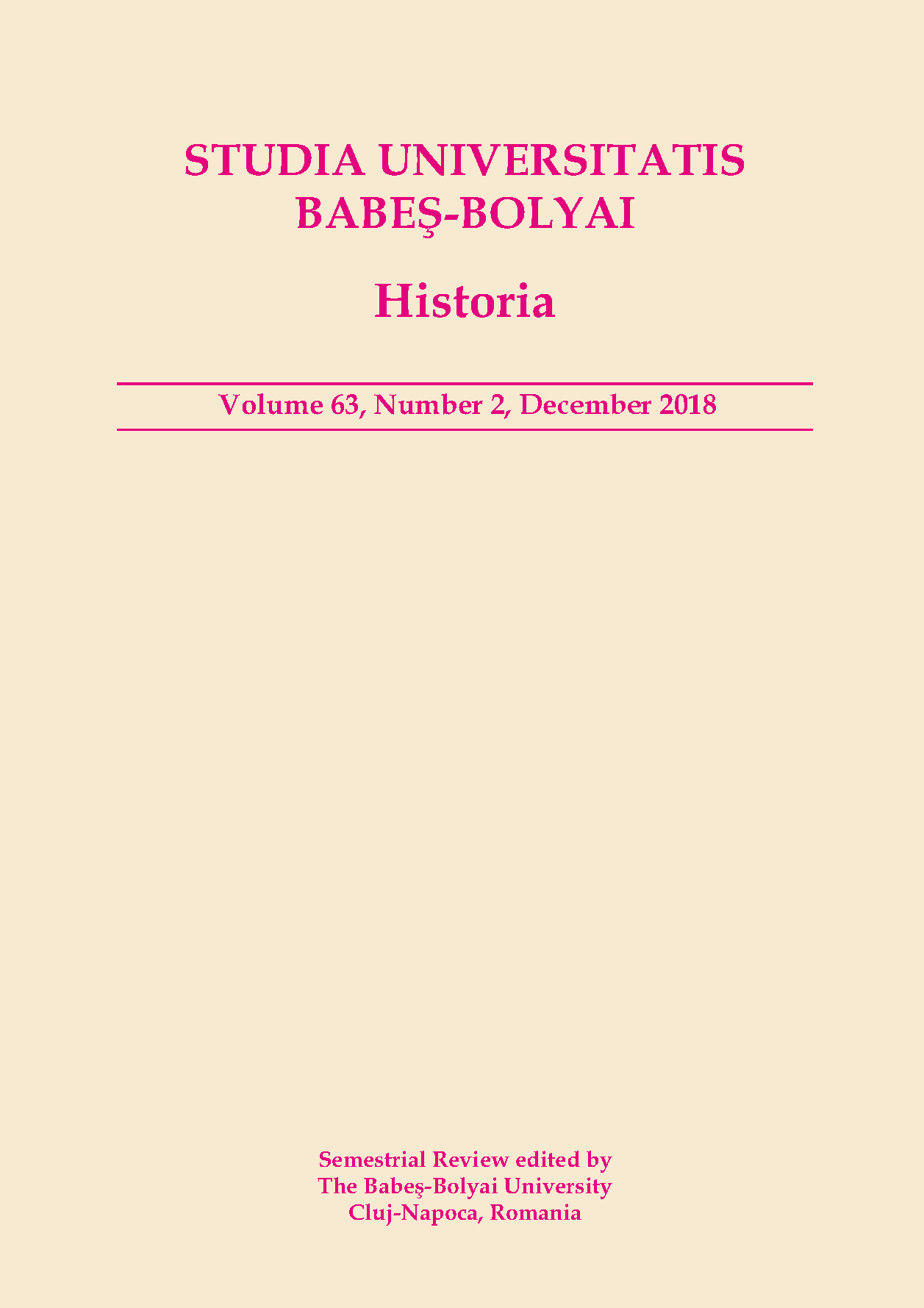BOOK REVIEW: Andreas Holzem, “Christentum in Deutschland 1550-1850. Konfessionalisierung, Aufklärung, Pluralisierung” (Band 1 & Band 2), Paderborn, Verlag Ferdinand Schöningh, 2015, 1485 p., ISBN: 9783506779809
Abstract
It would be useless to assert that there is no other paradigm on Early Modern Era that engendered so many academic disputes over the last four decades in Europe: the confessionalization seems to represent a never-ending field of scholarly discussions. Its usage, periodization and features are eclectic in accordance with the university and confessional backgrounds, but certainly they all lead to challenging questions. The author of these two volumes denominated by many reviewers as an “opus magnum”, Andreas Holzem is a Catholic theologue and church historian, who belongs to the confessionalization generation. Nonetheless, in this book he exceeds the conventional years 1648, 1730 or even the Early Modern borders, 1789/1800 by going far into the nineteenth century. Thus, as the title suggests, we are challenged to read an ample synthase, which nowadays represents a historiography rarity. At the same time, we are entitled to demand ourselves, whether such an approach is heuristic and productive: is there any liaison between the Hectors’ definition of confessionalization (Heinz Schilling, Wolfgang Reinhard) and the hitherto understanding of the nineteenth century confessional practices? “Very late” confessionalization?Downloads
Published
2018-12-30
How to Cite
OANCEA, S. (2018). BOOK REVIEW: Andreas Holzem, “Christentum in Deutschland 1550-1850. Konfessionalisierung, Aufklärung, Pluralisierung” (Band 1 & Band 2), Paderborn, Verlag Ferdinand Schöningh, 2015, 1485 p., ISBN: 9783506779809. Studia Universitatis Babeș-Bolyai Historia, 63(2), 181–183. Retrieved from http://193.231.18.162/index.php/subbhistoria/article/view/1865
Issue
Section
Book Reviews
License
Copyright (c) 2018 Studia Universitatis Babeș-Bolyai Historia

This work is licensed under a Creative Commons Attribution-NonCommercial-NoDerivatives 4.0 International License.






